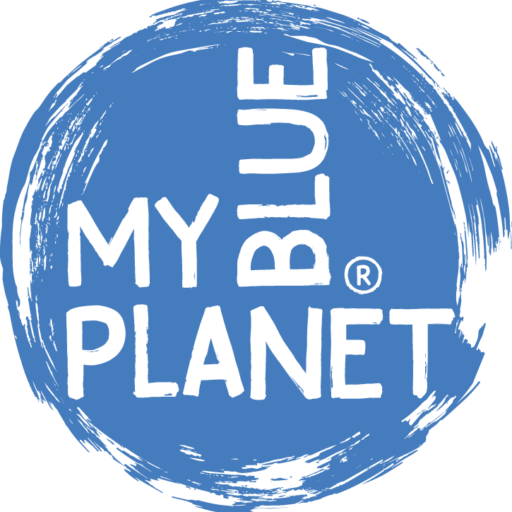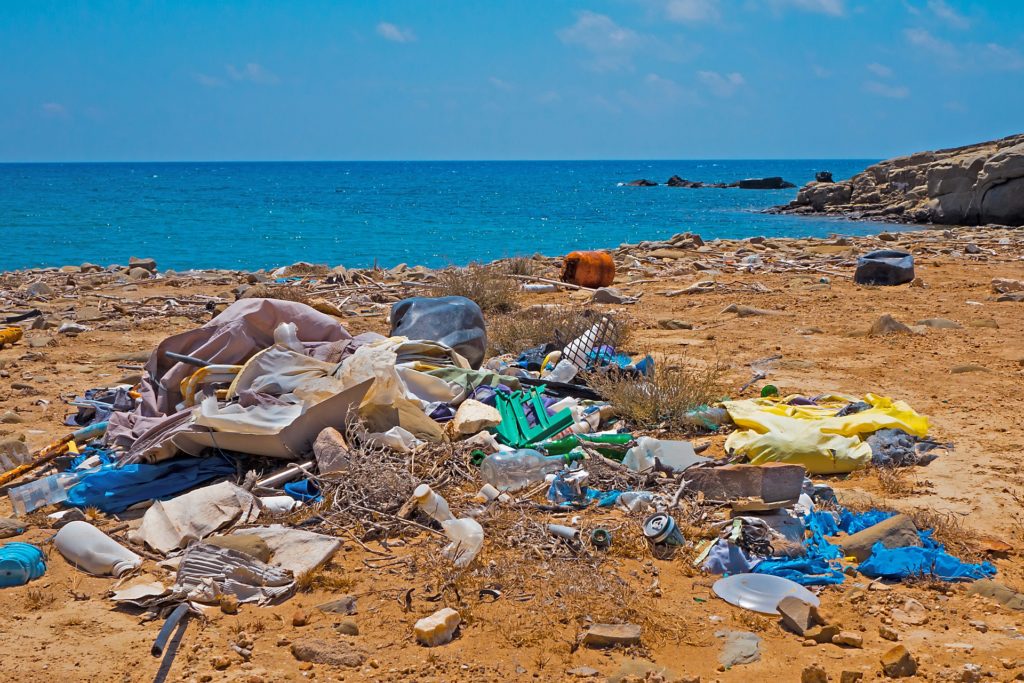Plastic is not all bad. It has revolutionised and improved our lives, it’s a versatile and economic material that is used in virtually everything we use. The issue is, for the sake of convenience we now abuse the use of plastic, in particular single-use-plastic, to the point where we are filling up our own environment with it. Plastic takes centuries to biodegrade and is polluting our oceans and killing wildlife. Although most of the plastic rubbish in Switzerland is collected, littering has increased significantly these past few years. It is estimated that we produce over 300 million tons of plastic every year, 50% of which is for single-use purposes, and more than 8 million tons are dumped in our oceans every year. Worldwide only between 10% and 13% of plastic is recycled.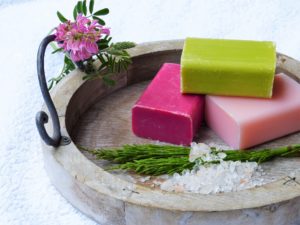
But what is exactly single-use plastic? Just like the word itself says, it is something we use just once before we dump it, but that takes several hundred years to dissolve. Examples are water bottles, take-away containers, disposable coffee cups, plastic bags, straws, cutlery.
As individuals what can we do to reduce our usage of single-use plastic, and in general of unnecessary plastic?
Individual behaviour is important, if we add everyone’s contribution we could achieve amazing results. A gradual approach is the easiest way to adapt ourselves to a more plastic-free lifestyle, step by step we can get to the point where single-use plastic is for us just a memory. One could start from deciding to no longer use plastic bags, then move to no longer drinking water from plastic bottles, to carrying their own mug to get take way coffees, and so on.
When I started my fight against single-use plastic a few years back, I began from very little, just taking my own bags when I went shopping. Now it seems rather normal as we must pay for bags, however a few years back they were free, and you could see hard anyone taking their non-disposable shopping bags. Convenience hey! 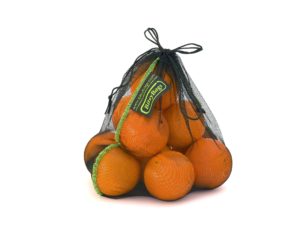
A good way to avoid plastic in our everyday life is to get used to always have your own ‘must-have’ kit with you: a reusable bag, your portable mug, your water bottle. More and more we can find fountains in public places such as stations for example, where we can re-fill our own bottles. Bottle water is not healthier than tap water, and in most places, and for sure in Switzerland, tap water is just as safe to drink as bottled water – and, according to blind taste tests, just as tasty as well.
Also, if you love take-away food, try to avoid places where they use plastic containers and cutlery. There are now plenty of restaurants that have replaced plastic with cardboard for example and that use paper-based cutlery. The best way to avoid waste is of course having your take-away meal be placed in your own lunch box or container, not as convenient but definitely zero-waste. When out and about and having a drink at a bar, I always ask whether the drink comes in plastic or glass bottle and of course I opt for the glass. If they serve drinks on tap even better!
When we do our food shopping, however, it’s really hard to go plastic free. Although a lot of items are often wrapped in unnecessary packaging, plastic wrapping can significantly extend the shelf life of fresh items and therefore reduce the amount of food waste. What I normally do is trying to pick loose fruits and vegetables and bringing my own bags. There are also plenty of non-fresh products where you can find the alternative item packaged in paper, or at least where the plastic packaging can be recycled. Nowadays you can bring your plastic packaging waste at supermarkets that collect it for recycling.
When it comes to body-care products it gets a bit more difficult, as for example solid shampoos or lotions are only sold by specific brands or can be only found online. What I normally do is to buy products in bulk once in a while and order everything that I need online. You will be amazed at what can nowadays be found in solid bar, even sun lotion! And they work just like liquid soaps, promise! 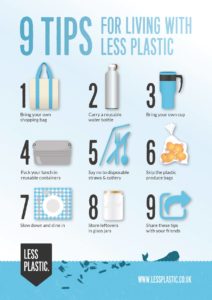
When it comes to your kitchen or cleaning products in general, there’s also a lot that can be done. First of all, we do not need as near as many products that are sold out there. You could get away with cleaning your kitchen with Marseille soap and white vinegar, including washing your plates. There are also plenty of choices for bio dishwasher & laundry tablets or powder that come in cardboard boxes.
When we change our shopping habits and try to avoid the plastic wrapped items, especially those wrapped with unnecessary plastic or excessive packaging, as consumers we also send a clear message to the big product brands, that we want more and more of the packaging-free items. Collectively we have a great leverage, and the more we want to buy plastic-free the more we will get!
(source: www.plasticoceans.org) (www.plasticfreechallenge.org).
